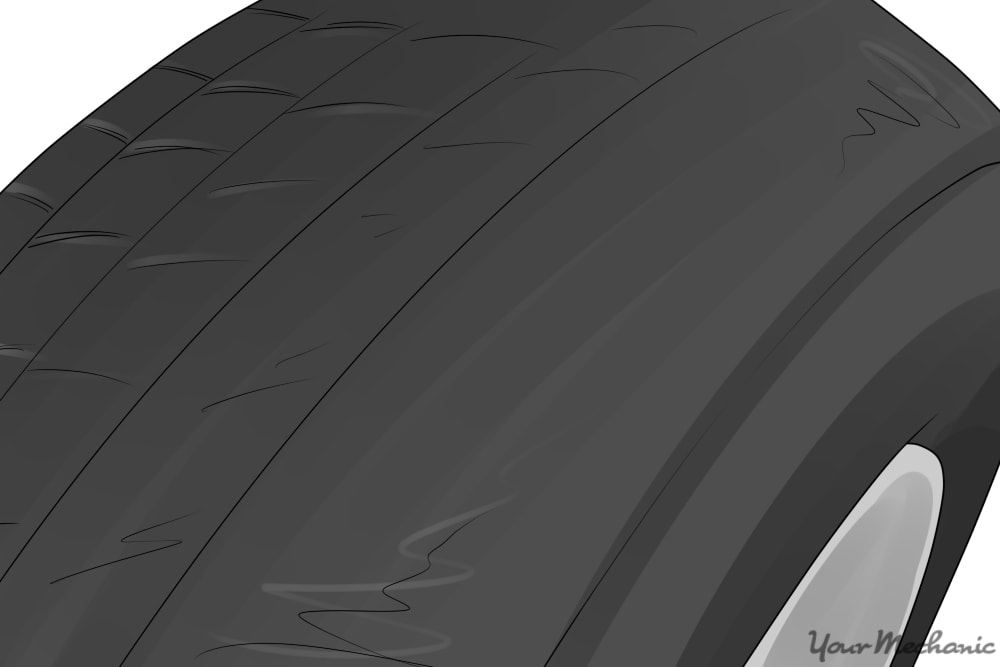

The importance of keeping your tires well-maintained cannot be underestimated. Although they're typically designed to withstand a lot of punishment, they will sap fuel efficiency or even blow if left unmaintained. Although some drivers have an "out of sight, out of mind" approach to the health of their tires, this can wear down their longevity, resulting in expensive replacements before they should have been necessary. Generally speaking, well-kept tires should be replaced roughly every 6000 miles (9700km), although this number may be smaller if you're regularly traveling on rough roads. Nevertheless, here are a few things you can do to improve the longevity of your car tires.
Drive your car with caution
As a basic rule, reckless and fast driving is the most likely instance for tire blowouts. Executing hard brakes and turns will burn out the tires. In the majority of cases, burning rubber is easily preventable and only shortens the amount of time before your next tire replacement. If it's possible, try to plan your trips around avoiding rough surfaces, from gravel to urban roads in disrepair. Hitting a curb or pothole too fast can imbalance the alignment of your wheels, which in turn can have a negative effect on your vehicle's tires and drivability. If you're noticing a slump in your vehicle's drivability while driving, don't hesitate to pull over and inspect the tires.
Keep your tires properly maintained
Be sure to keep your tires properly inflated. Tires lose pressure gradually over time. Generally speaking, it's good to gauge the pressure of your tire set every week or two. This may be done with a portable pressure gauge, which can be stored easily in the trunk of your car. Make a regular habit of checking your tires for signs of damage. Nails, glass, metal scraps and other sharp materials can become embedded in the tire. While these issues can become worse if left unaddressed, they can usually be fixed without having to replace the tire altogether. Small damage from glass and nails can usually be fixed on the spot with an easy-to-use tire repair paste. If the damage has resulted in more severe tire abrasion however, you'll need to get the tire replaced entirely.
Proper tires and proper installation
If your wheels aren't properly aligned, this will have a considerable impact on the longevity of your tires and handling of the vehicle. The quality and type of tires you use will have a significant impact on how often you'll need to replace them. If you expect to drive on rough terrains (such as gravel roads) fairly regularly, it is good form to switch to a type of tire suited for that kind of traction. Not only will you minimize the risk of tire damage, the added grip and handling will benefit the vehicle's safety as well.
If you've noticed a gradual decrease in your vehicle's performance over time, you should look to the tires as a likely cause. It's also worthy to note that many of the things you can do to improve the life of your tires will also improve the vehicle's fuel efficiency. Keep in mind that tires will have to be replaced eventually no matter what. Low-rolling resistance tires may give your vehicle an improved fuel efficiency, provided you're able to ensure they're at their optimal inflation. If you're unsure whether you should upgrade to a new set of tires or not, don't hesitate to reach out to a YourMechanic representative for assistance.



